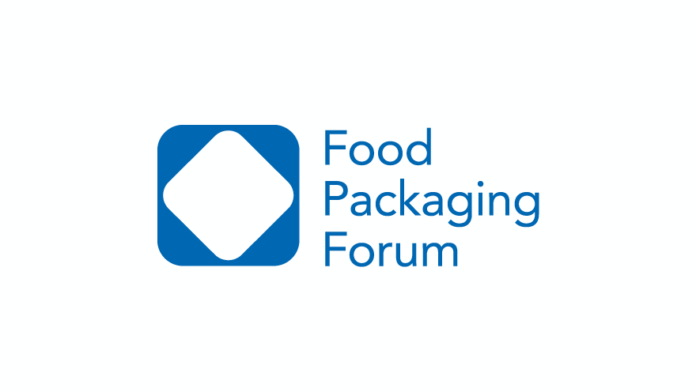Title: Synthetic Food Contact Chemicals in Ultra-Processed Foods: A Growing Public Health Concern
Introduction:
As food and beverage professionals, it is crucial to stay informed about emerging research and developments in the industry. A recent peer-reviewed review article published in Nature Medicine sheds light on the impact of synthetic food contact chemicals (FCCs) found in ultra-processed foods (UPFs) on public health. Led by Jane Muncke from the Food Packaging Forum, this article highlights the need for greater attention to the presence of synthetic chemicals in our food system and outlines potential health implications.
Types and Sources of Synthetic Food Contaminants:
- Synthetic FCCs are present in UPFs due to contamination during transportation, food processing, packaging, and food preparation.
- Chemical transfer through migration can lead to the leaching of harmful chemicals like bisphenols, phthalates, and PFAS into food products.
- Research suggests that these chemicals can have adverse effects on human health, particularly during sensitive life phases such as pregnancy and early childhood development.
Health Implications of Ultra-Processed Foods:
- UPFs have been identified as a key source of exposure to FCCs, contributing to a global health crisis.
- Ongoing research efforts are investigating the link between UPF consumption and non-communicable diseases through large-scale epidemiological studies.
- It is essential for food and beverage professionals to be aware of the potential risks associated with UPFs and synthetic FCCs.
Future Research Needs and Policy Interventions:
- The authors of the review article emphasize the importance of developing novel testing approaches to identify hazardous chemicals in food.
- Innovations in food contact materials and rethinking food business models for safety and sustainability are key priorities for future research.
- Policy interventions are needed to overhaul current chemical regulations, promote safe and sustainable food contact materials, reduce packaging waste, and address the overconsumption of UPFs.
Conclusion:
In conclusion, the presence of synthetic FCCs in UPFs poses a significant public health concern that requires immediate attention from food and beverage professionals. By staying informed about the latest research findings and advocating for policy interventions, industry professionals can contribute to a safer and more sustainable food system.Industry Analysis:
The findings of this review article have far-reaching implications for the global food and beverage industry. Supply chains may need to adapt to ensure the safety of food contact materials, potentially leading to changes in pricing and trade dynamics. Companies that prioritize the use of safe and sustainable food packaging materials may gain a competitive advantage in the market. Looking ahead, the industry is likely to see a shift towards safer food contact materials and a reevaluation of business models to prioritize consumer health and environmental sustainability.




